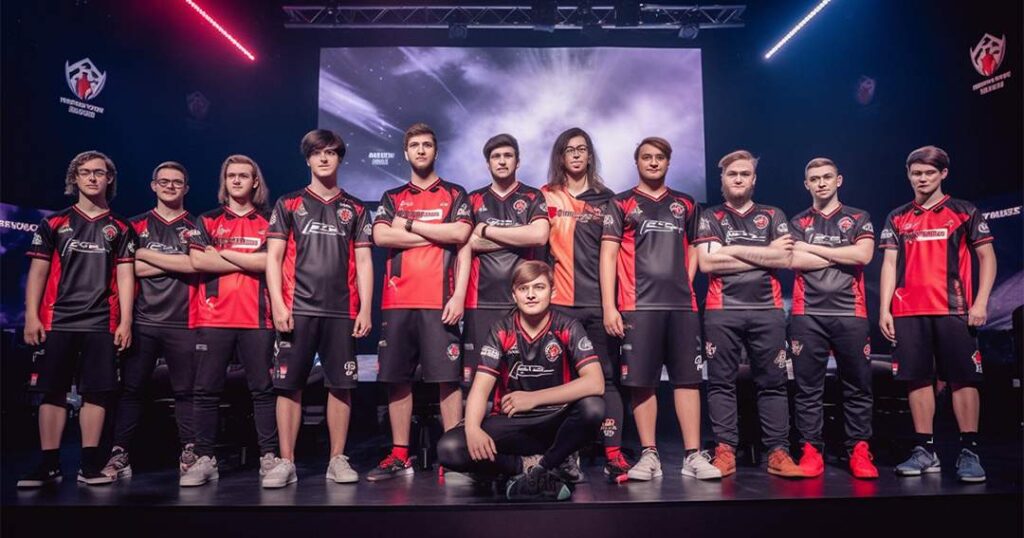Does Copyright Arise from AI-Generated Text? Explaining Natural Language Processing AI Services and the Japanese Copyright Law
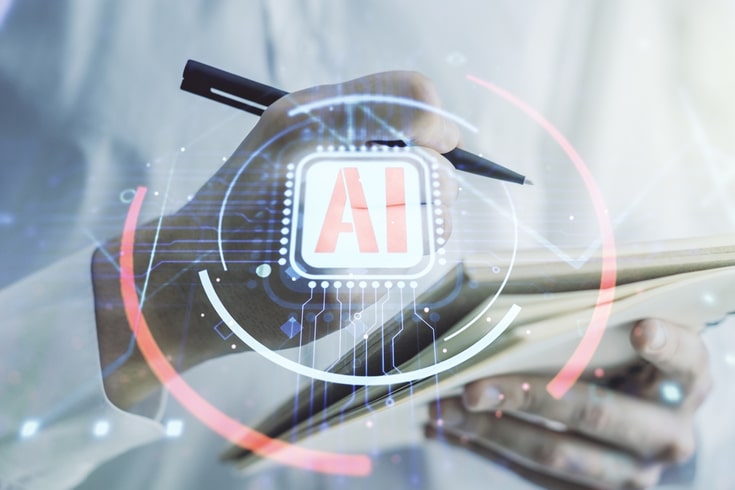
In recent years, the advancement of IT technology has made our lives increasingly convenient.
Among these, the development of natural language processing technology in deep learning is remarkable, and various natural language processing AI services are beginning to be offered. Services like the iPhone’s Siri are becoming frequently used in our daily lives.
With natural language processing AI services, legal issues may arise, such as who holds the copyright, because it is not a human but an AI that creates the text.
Therefore, in this article, we will explain the legal considerations when providing natural language processing AI services, focusing on copyright issues, for businesses considering offering such services.
https://monolith.law/corporate/internet-technology-system-copyright-problem[ja]
What is Natural Language Processing AI Service?
Firstly, natural language processing refers to the technology used to process languages (natural languages) that humans use in their daily lives on computers.
For example, technologies that convert information in databases into natural language, or change natural language into a format that is easier for computers to process, are specific examples of natural language processing.
Next, AI is an abbreviation for Artificial Intelligence, which refers to the reproduction of human intellectual processes using software and other tools.
A Natural Language Processing AI Service is a concept that combines natural language processing and AI, and it refers to the reproduction of languages that humans use in their daily lives using AI.
Specific Examples of Natural Language Processing AI Services
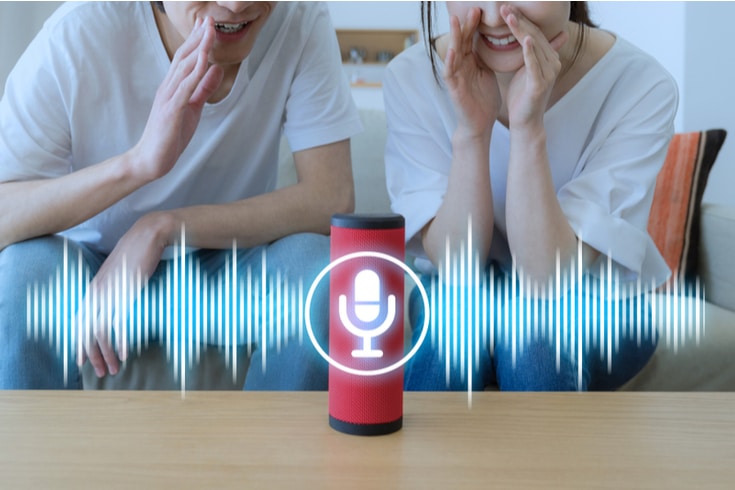
There are various examples of Natural Language Processing AI Services, but a familiar one would be the voice recognition on our smartphones.
In services that utilize smartphone voice recognition, iPhone’s Siri is well-known.
With Siri, the words we speak are converted into text, and based on the data learned by AI, services are provided that respond to our spoken words, answer questions, recommend specific content, search websites, and more.
Additionally, you may also have many opportunities to encounter dialogue systems (chatbots).
For example, when visiting a company’s website, a chat window may appear asking “Do you have any questions?” and many people have used services that respond to our requests in a dialogue format when we answer that question.
For such Natural Language Processing AI Services, it is common for sentences to be created by AI. Unlike cases where humans create sentences, it is necessary to consider how copyright arises.
What is Copyright?
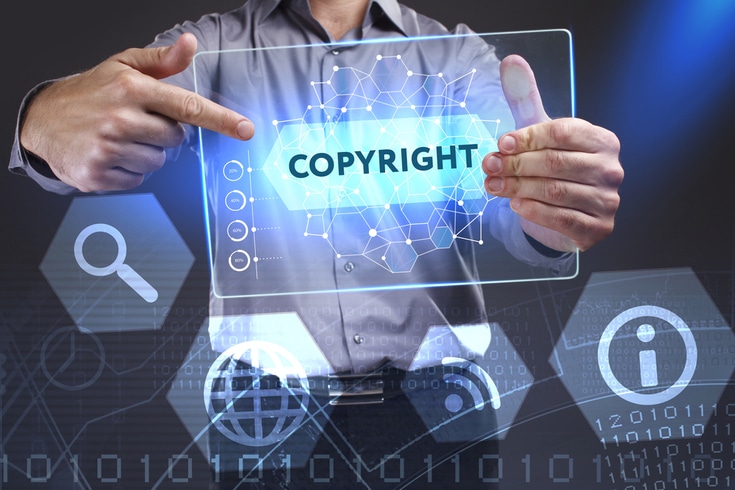
Simply put, copyright is the right to legally protect a work.
The definition of what constitutes a work is stipulated in Article 2, Paragraph 1, Item 1 of the Japanese Copyright Law.
(Definition)
Article 2 In this law, the meanings of the terms listed in each of the following items shall be as prescribed in each of those items.
1. Work: Something that creatively expresses thoughts or feelings and falls within the realm of literature, academia, art, or music.
Not all human expressions are recognized as works; they must meet the above requirements.
The Relationship Between Natural Language Processing AI Services and Copyright
In some cases, natural language processing AI services may use the works of others.
For example, consider a service where an AI learns from the works of a specific novelist, and when a certain sentence is input, it generates a sentence in the style of that novelist as if they had written it.
In such a service, the AI uses the novels written by a specific novelist, which are works, to learn the style of the novelist’s writing.
It is necessary to consider whether the use of others’ works in this way infringes on their copyright.
In conclusion, it is highly likely that the use of others’ works in this way does not constitute copyright infringement.
The Japanese Copyright Law was amended in 2018 (Heisei 30), and a provision called Article 30-4 was established.
Article 30-4 was established to respond to the Fourth Industrial Revolution, including IoT, big data, and AI.
Article 30-4 is stipulated as follows:
(Use not intended for the enjoyment of thoughts or feelings expressed in a work)
Article 30-4 A work may be used in any way, to the extent deemed necessary, in the following cases and other cases where the purpose is not to enjoy the thoughts or feelings expressed in the work oneself or to have others enjoy them. However, this does not apply if it would unfairly harm the interests of the copyright holder in light of the type and purpose of the work and the manner of the use.
1. When used for testing for the development or practical application of technology related to the recording, filming, or other use of a work.
2. When used for information analysis (extracting information related to the language, sound, image, or other elements that make up the information from a large number of works or other large amounts of information, and conducting comparison, classification, or other analysis. The same applies in item 2 of paragraph 1 of Article 47-5.)
3. When used in the process of information processing by a computer or other use without human perception of the expression of a work, other than the execution of a work of a program in a computer.
In the above case, the act of using the novel written by a specific novelist, which is a work, can be evaluated as conducting information analysis, i.e., teaching the AI the writing style of a specific novelist. Therefore, it is considered that it does not constitute copyright infringement in relation to Article 30-4, Item 2.
Also, in the above case, since it is a service that generates a sentence in the style of a specific novelist when a certain sentence is input, it is necessary to consider the attribution of copyright to the sentence created by the service.
As mentioned earlier, in order to be recognized as copyright, it must fall under Article 2, Paragraph 1, Item 1 of the Japanese Copyright Law.
It is difficult to evaluate a sentence created by a natural language processing AI service as “something that creatively expresses thoughts or feelings,” so it is considered that it does not fall under Article 2, Paragraph 1, Item 1 of the Japanese Copyright Law.
Therefore, it is currently difficult to recognize copyright for sentences created by natural language processing AI services, and this is considered to be a problem that should be resolved by future legal development.
The content of natural language processing AI services can vary, and depending on the mechanism, various patterns can be considered, such as who is considered the subject of input to the natural language processing AI service, who is considered the subject of output, whether the input information is a work, and whether the output information is a work.
Therefore, when providing a natural language processing AI service, it is necessary to check the content of the natural language processing AI service to be provided and thoroughly examine the legal issues.
Conclusion
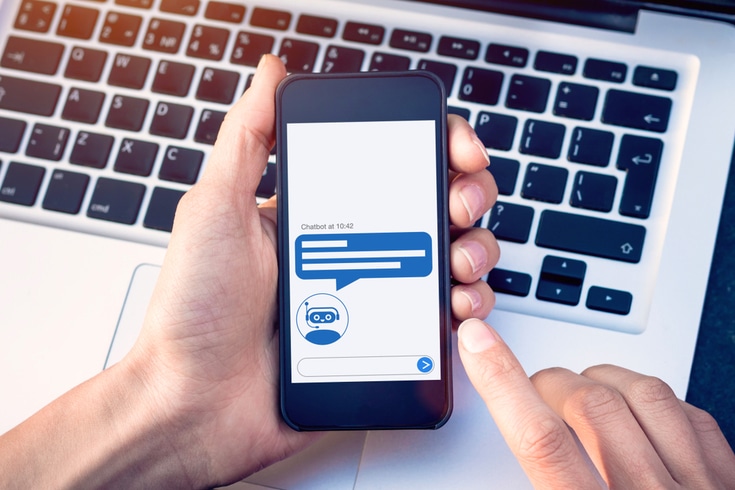
In conclusion, we have explained the legal considerations, focusing on copyright issues, for businesses considering offering natural language processing AI services.
Even though we refer to it as natural language processing AI services, there are various types of services that can be considered.
Depending on the type of service, the legal considerations, including those related to copyright, can vary. Without specialized knowledge, it can be difficult to examine potential legal issues.
Therefore, if you are considering offering natural language processing AI services, we recommend that you clearly define the content of the services you are considering and consult with a lawyer who has specialized knowledge.
Introduction to Our Firm’s Measures
Monolith Law Office is a legal office with extensive experience in both IT, particularly the internet, and law.
AI businesses come with many legal risks, and support from lawyers well-versed in legal issues related to AI is indispensable. Our firm, with a team of lawyers and engineers who are proficient in AI, provides advanced legal support for AI businesses, including ChatGPT. This includes drafting contracts, examining the legality of business models, protecting intellectual property rights, and handling privacy issues. Details are provided in the article below.
Areas handled by Monolith Law Office: AI (ChatGPT, etc.) Legal Affairs[ja]


